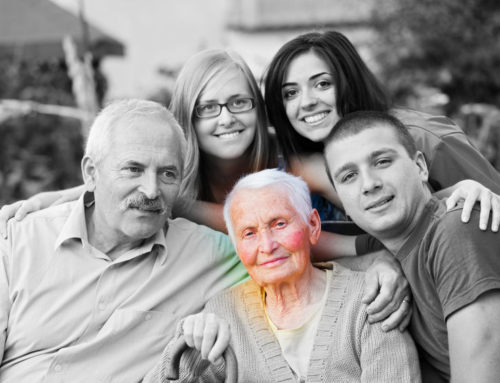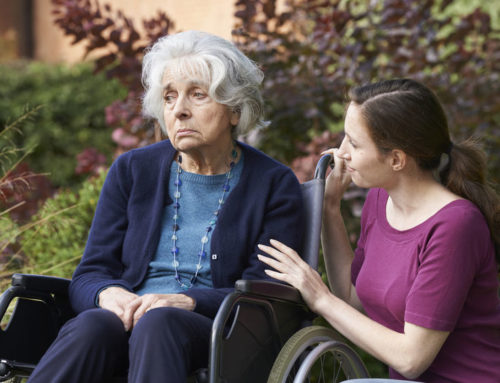Early diagnosis of Alzheimer’s disease can be a blessing, as it provides the family and patient with plenty of time to learn about the disease and what to expect in the years to come. So if you or a loved one have received an Alzhiemer’s diagnosis, what do you do next?
The following tips may help you develop a plan of action, and keep your mind focused on activity instead of fear.
- Become familiar with resources in your community for Alzheimer’s patients and caregivers. Support groups, in-home health aids, respite care, adult activity centers and adult day care centers are all options you can explore now, before they are needed.
- Read everything you can find on the disease. Educate yourself so that you can make plans accordingly for your future needs.
- Be open with your family and friends. If you don’t feel comfortable talking about your diagnosis, ask your doctor for handouts that you can give to friends and family that explain the disease and what to expect.
- Think about your preferences for living arrangements, medical care, and even end of life care. Document your wishes by filling out advance directives with an elder law attorney.
- Establish routines that diminish demands on your memory, such as putting your daily medication into a pill box that organizes them by day, placing your wallet in the same place each night, and using speed dial when you call family and friends.
- Find out what your insurance does and does not cover, so that you can explore your options financially as you plan for your future.





